Where to Install Carbon Monoxide Alarm: Protecting London Residents
For landlords and homeowners in London, properly installing carbon monoxide (CO) alarms is crucial for ensuring the safety of occupants. Carbon monoxide is a colorless, odorless, and potentially deadly gas. Here’s a guide on where to install CO alarms to maximize their effectiveness.
Install CO alarms outside of each separate sleeping area in the immediate vicinity of the bedrooms. This ensures that alarms are loud enough to wake occupants if they are asleep. The International Association of Fire Chiefs recommends a CO detector on every floor of your home, including the basement. Detectors should be located within 10 feet of each bedroom door. Place a detector near or over any attached garage. Do not install CO detectors directly above or beside fuel-burning appliances, such as fireplaces or stoves. A detector should not be placed within fifteen feet of heating or cooking appliances or in or near very humid areas such as bathrooms. CO alarms can be located on the wall, ceiling, or other location as specified in the installation instructions. The United States Environmental Protection Agency (EPA) recommends placing a carbon monoxide detector on a wall about five feet above the floor or about eye level.
Always make sure to read the provided installation manual for each detector before installing. Regularly check battery-operated detectors. Install them away from the kitchen, bathroom, sunny spots, or open windows since humidity could interfere with the sensors. If you require a CO alarm for a new residence, the detector should be interconnected so that when one goes off, they all go off. (Check your state requirements.)
Common sources of CO include boilers, camping stoves, water heaters, furnaces or chimneys, clothes dryers, central heating systems, generators or other gas-powered items like grills or lawn equipment, fireplaces, gas stoves and ovens, wood stoves, automobiles, and open fires.
Make sure appliances are installed and operated according to the manufacturer’s instructions. Have the heating system, chimney, and vents inspected and serviced annually. Examine vents and chimneys regularly for improper connections, cracks, rust, or stains.
By following these guidelines, you can ensure the proper placement of carbon monoxide alarms, protecting your property and its occupants from the dangers of carbon monoxide poisoning.
For more information on gas safety inspections and to ensure your property complies with all regulations, consider our Carbon Monoxide Alarm services. We can help you maintain a safe living environment for your tenants.

Fire Risk Assessment

Gas Safety Certificate
Gas Safety Certificate – Domestic – Meter & Upto 2 appliances
£57.99 Book NowGas Safety Certificate – Domestic – Meter & Upto 4 appliances
£77.99 Book NowCarbon Monoxide Alarm
£80 Book NowGas Safety Certificate – Domestic – “Discounted Offer” Boiler Service + Gas Certificate & 2 appliances
£89.99 Book NowGas Safety Certificate – Commercial – 1 appliance
£199 Book NowGas Safety Certificate – Commercial – 2 appliances
£245 Book NowGas Safety Certificate – Commercial – Boiler Service
£280 Book Now

Electric Safety
Studio Appartments Electrical Safety Certificate (EICR)
£65 Book NowPAT Testing Up To 10 Items
£58 Book NowDomestic Electrical Safety Certificate EICR 1 – 3 Bedroom – 1 Consumer Unit Up to 12 Circuits
£99 Book NowDomestic Electrical Safety Certificate EICR 4 Bedrooms – 1 Consumer Unit Up to 12 Circuits
£120 Book NowCommercial Electrical Certificate (EICR) – 1 Consumer Unit Up to 12 Circuits
£149 Book NowDomestic Electrical Safety Certificate EICR 5 Bedrooms – 1 Consumer Unit Up to 12 Circuits
£150 Book NowDomestic Electrical Safety Certificate EICR 6 Bedrooms – 1 Consumer Unit Up to 12 Circuits
£158.33 Book NowFuse Box Installation
£415.83 Book Now

Energy Performance

Inventory Services

Asbestos Surveys

Electric-Gas Appliances & Hob Installations

Talk To Us!
Get in touch if you're uncertain or need assistance ?
020 8609 7777
Talk to a Friendly Advisor
Accreditations

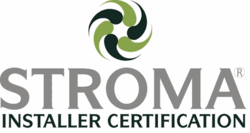
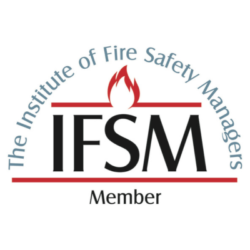

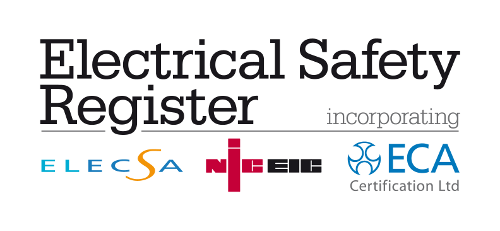
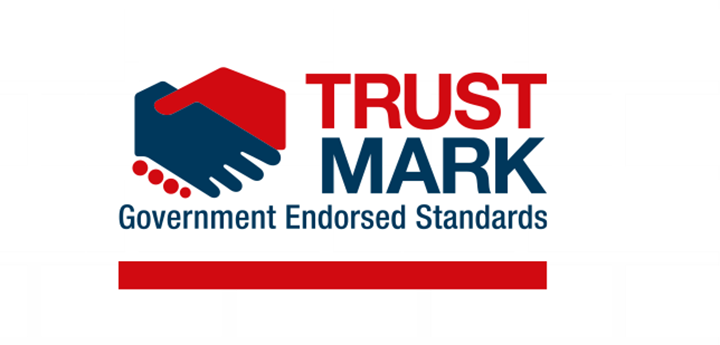
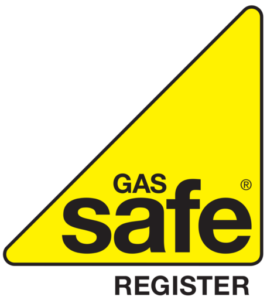
Help & Advice
-
Which Companies Provide Landlord Safety Certificates with Free Follow-Up Inspections?
Follow-up inspections verify that identified safety deficiencies have been properly remediated, ensuring rental properties meet all safety standards before certification. Understanding which providers offer complimentary follow-up visits, what these inspections
-
Which Service Offers Emergency Landlord Safety Certificate Renewals?
Emergency situations requiring urgent landlord safety certificate renewals arise more frequently than many property owners anticipate, from discovered expired certificates to urgent tenant move-ins and unexpected local authority inspections. Understanding
-
Where Can I Find a Landlord Electrical Safety Certificate Provider?
Electrical safety certificates represent essential legal requirements for rental properties in England, with regulations mandating comprehensive testing and certification every five years or at each change of tenancy. Finding qualified
-
Who Provides Landlord Gas Safety Certificates with Online Booking?
Modern technology transforms how landlords arrange essential compliance services, with online booking systems offering unprecedented convenience for obtaining gas safety certificates. Understanding which providers offer digital booking platforms, the advantages
-
Which Companies Offer Fast Landlord Safety Certification Services?
Time-sensitive situations frequently require landlords to obtain safety certificates quickly, whether for urgent tenant move-ins, compliance deadline pressures, or unexpected certificate expiries. Understanding which companies provide fast landlord safety certification
-
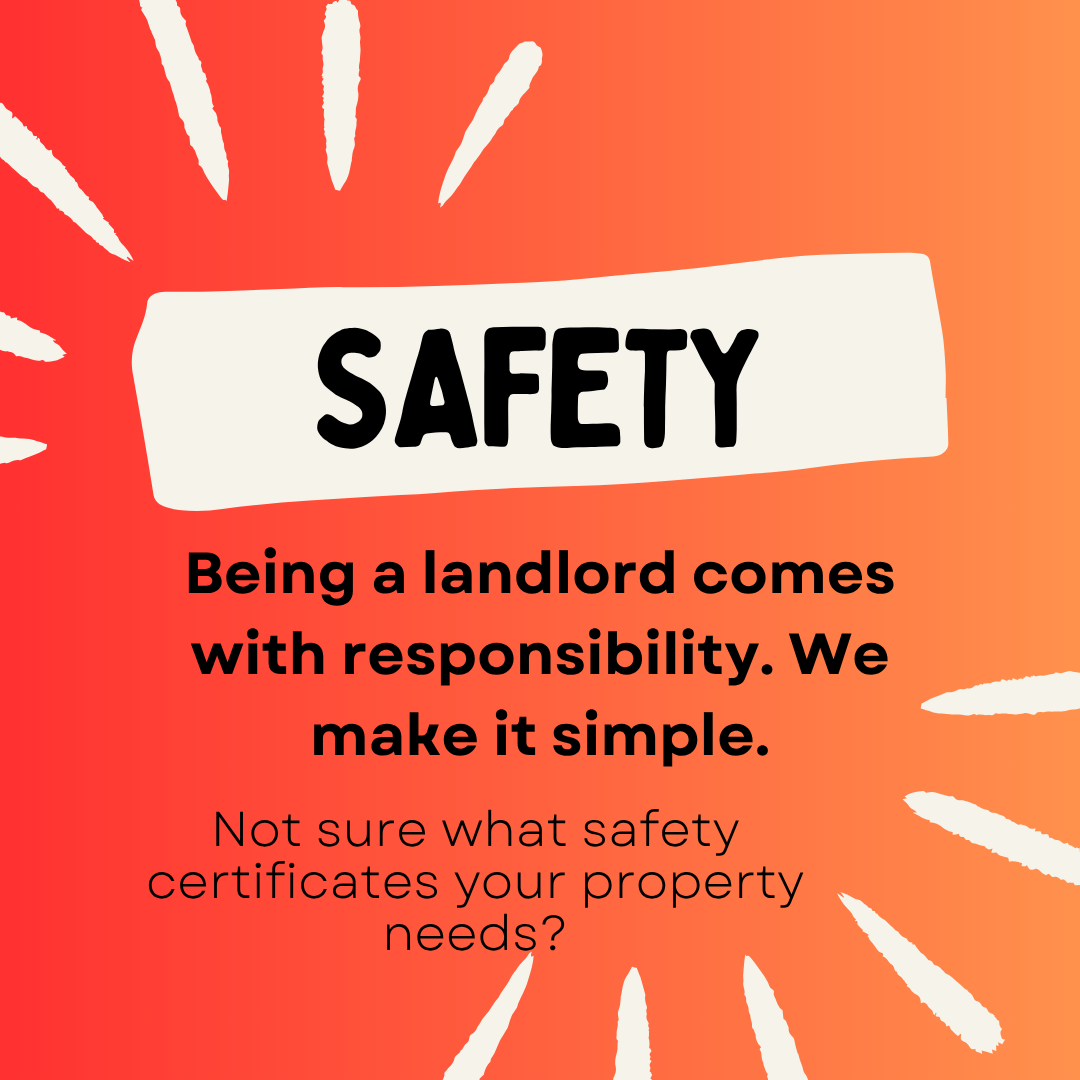 Which Companies Provide Landlord Safety Certificates with Free Follow-Up Inspections?
Which Companies Provide Landlord Safety Certificates with Free Follow-Up Inspections?
-
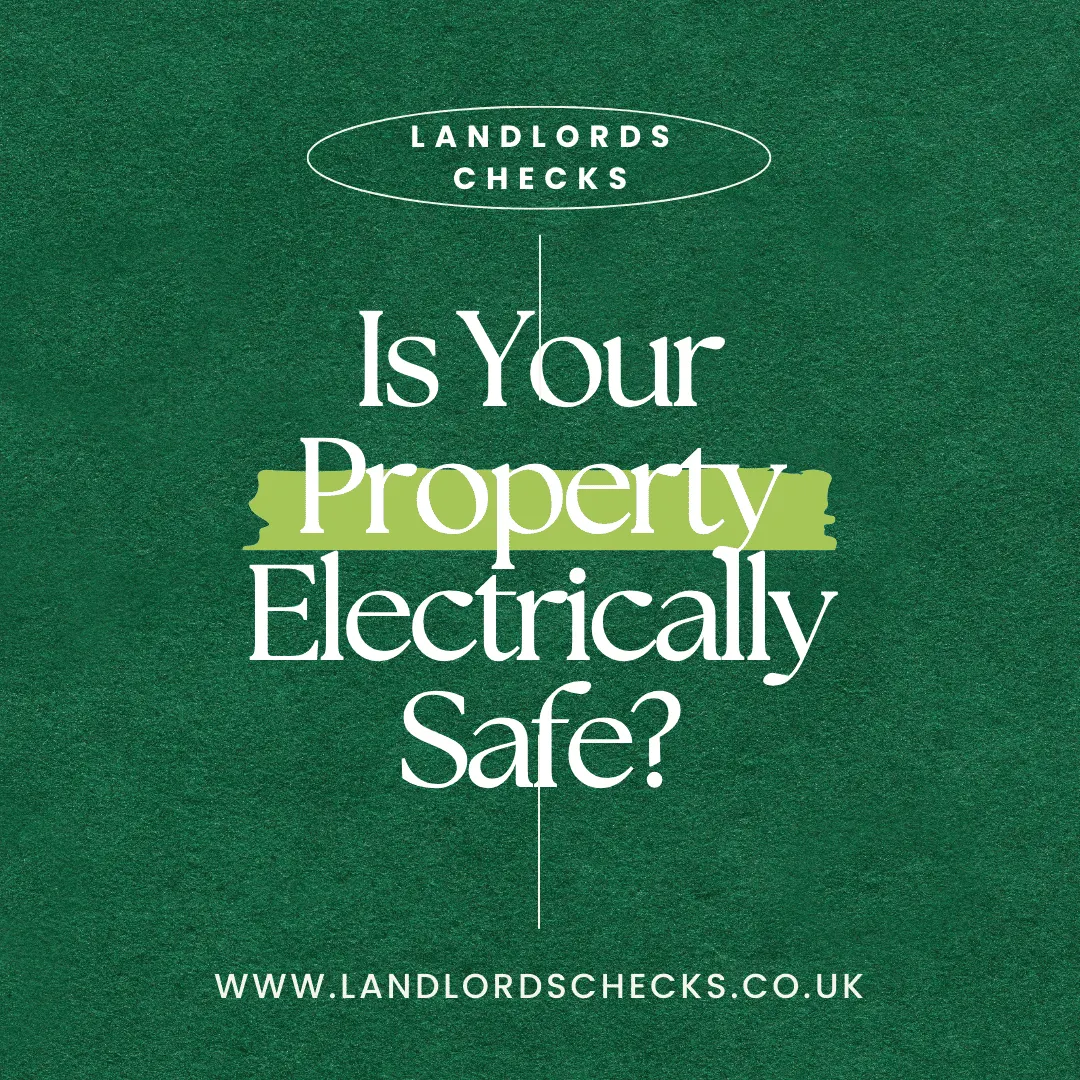 Which Service Offers Emergency Landlord Safety Certificate Renewals?
Which Service Offers Emergency Landlord Safety Certificate Renewals?
-
 Where Can I Find a Landlord Electrical Safety Certificate Provider?
Where Can I Find a Landlord Electrical Safety Certificate Provider?
-
 Who Provides Landlord Gas Safety Certificates with Online Booking?
Who Provides Landlord Gas Safety Certificates with Online Booking?
-
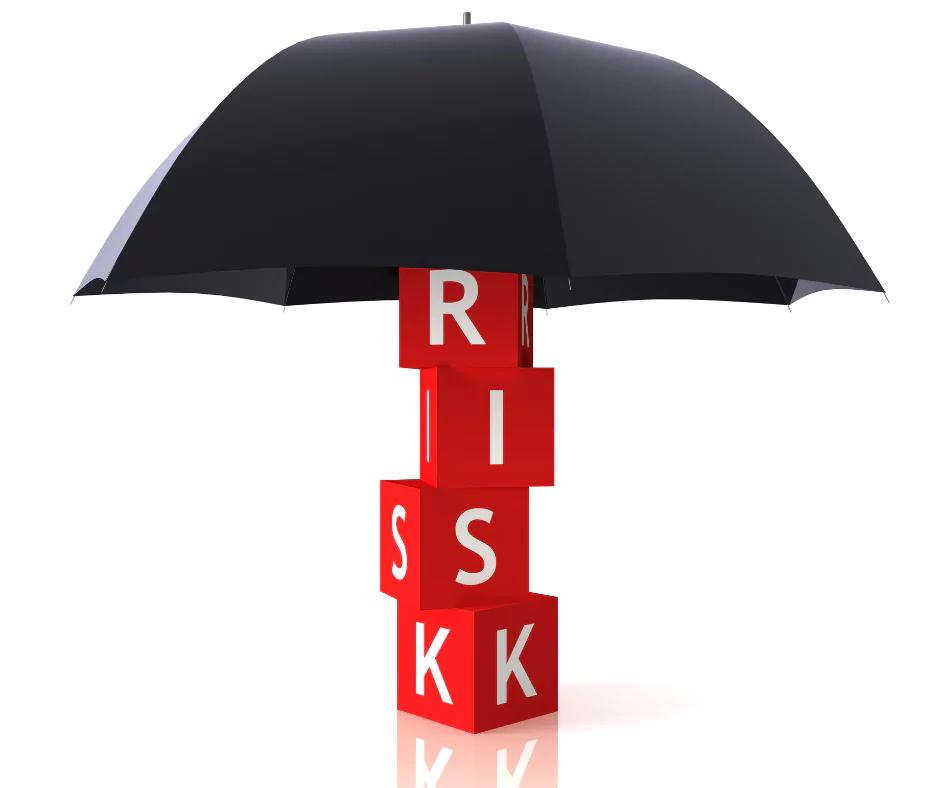 Which Companies Offer Fast Landlord Safety Certification Services?
Which Companies Offer Fast Landlord Safety Certification Services?




